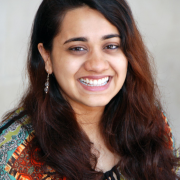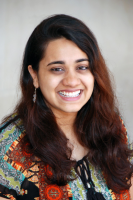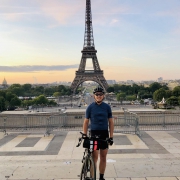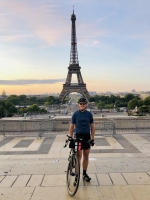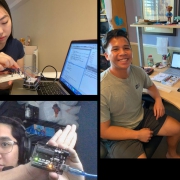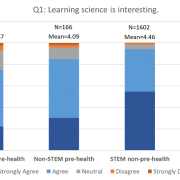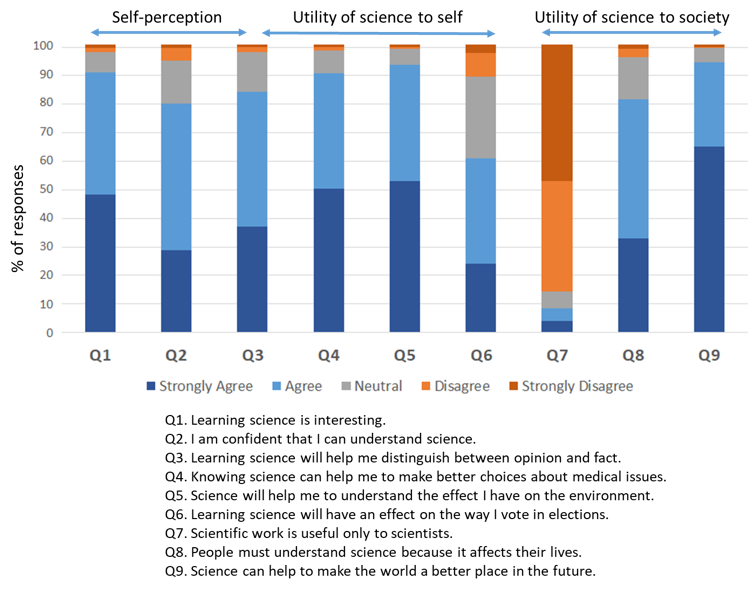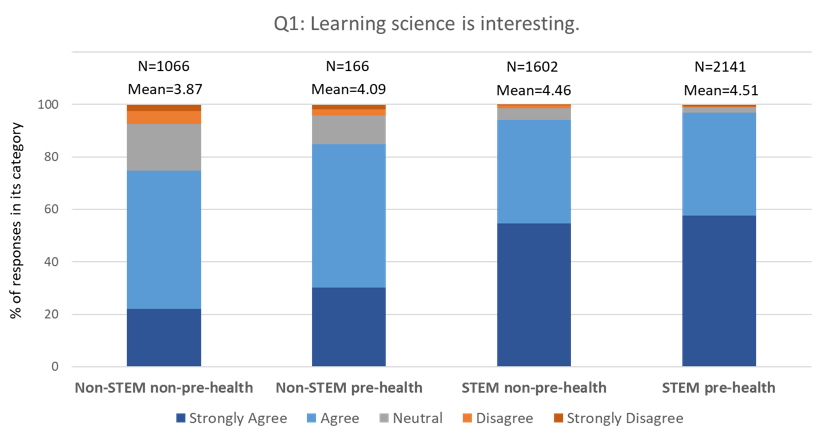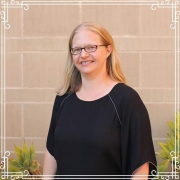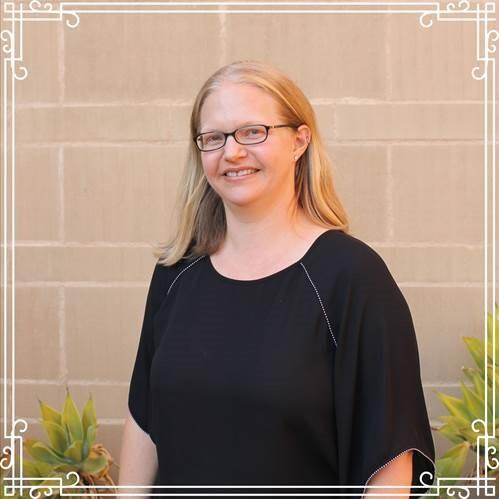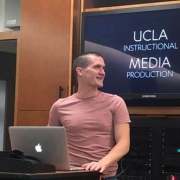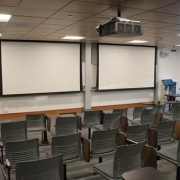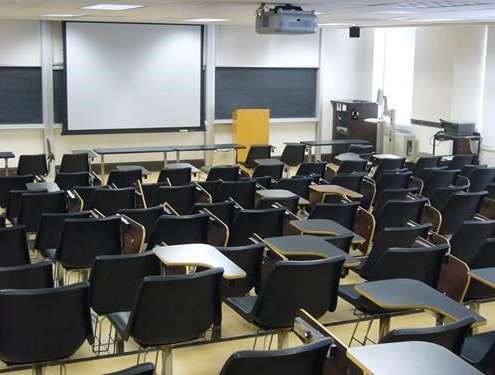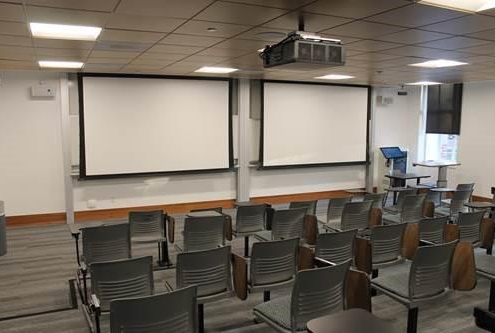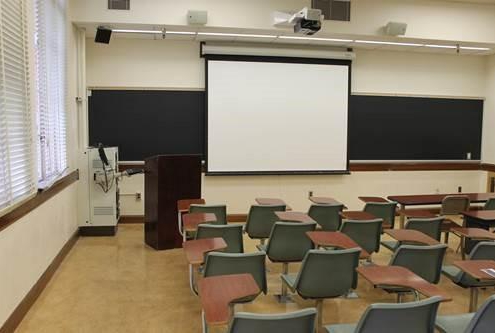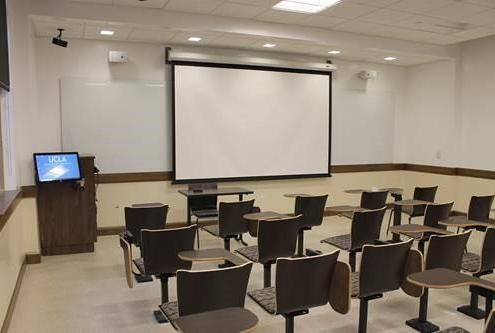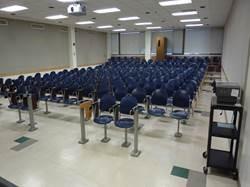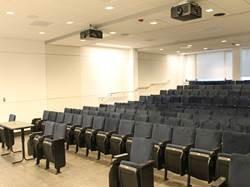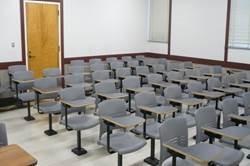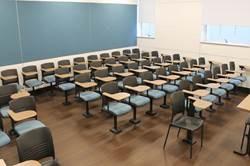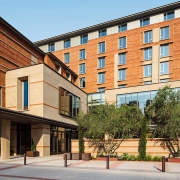Staff Highlights – Roshini Ramachandran
Taking a risk to move across the world from Chennai, India, where she earned both her Bachelor’s and Master’s Degrees, Roshini Ramachandran came to the United States to earn her PhD at the University of Georgia. She is atrained Chemist who has always been interested in teaching, training and active-learning. Undoubtedly these passions started early in life from the guidance of her mother. “My mom taught me what active learning is when she didn’t know that term.” When she was younger, her mother’s actions showed her that she could connect with and experience the things she was learning about with little effort. Another inspiring thing to note about her mother is that her career path was not linear. She experienced success in diverse fields like Zoology, Teaching, and Journalism. This example taught Roshini that she could do anything she chooses.
Roshini originally came to UCLA for a teacher/scholar research program to study nanoparticle chemistry. She has since gained impressive rapport with her students, who overwhelmingly appreciate her teaching style and insight. One student commented, “(Roshini) is always prepared and knows exactly what she is talking about. Her discussions really challenge you to think and have helped me grow both in my teaching abilities and in science.” And another agrees, “Professor Ramachandran genuinely cares about her students (multiple office hours, one-on-one appointments, feedback/evaluation surveys) and has multiple resources (LA worksheets, practice tests) to help her students succeed.”
It was here at UCLA that she met Alex Spokoyny, her (favorite) research mentor who has been very encouraging and supportive in navigating her own career path. This path has led her to be hired at the Center for the Advancement of Teaching as Academic Administrator for the Assessment of GE FSI Program. The acronym GE FSI refers to the General Education courses that are part of the Foundations of Scientific Inquiry.
For her first task, Roshini was looking at GE FSI specific courses to see if students are getting the skills they need and completing course objectives and desired program outcomes. “It is my first time taking on a project of this magnitude,” but she is excited, and especially glad to be working on it with both Adrienne Lavine and Marc Levis-Fitzgerald. This project was on such a large scale of data collection that it also enlisted the help of other CAT Department volunteers to go to the classrooms directly and encourage and instruct students on how to complete the survey. With these efforts Roshini was able to exceed her expectations of projected response rates and draw her conclusions of the effectiveness of the GE FSI courses from a rich data pool.
To learn more about Roshini, and her leadership, teaching, and research, please also feel free to visit her personal website: https://roshiniramachandran.wordpress.com. She is a valuable member of the CAT Team who we expect to see more brilliant insight from in the future.

